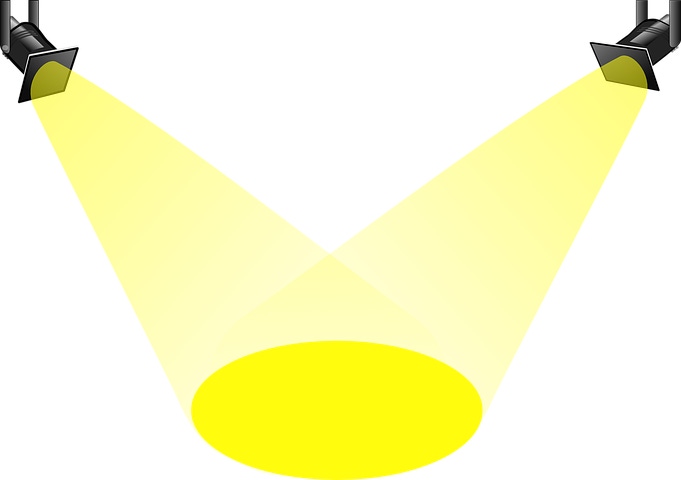The MD&M Panel is titled Deep Brain Stimulation: How Will New Electrode Designs Improve Results and will be held Nov. 1.
October 4, 2018

Traditionally there has always been a great deal of conversation surrounding deep brain stimulation (DBS) systems. However, this just hasn’t been the case for one of the most important components of the technology – the electrode.
A panel at MD&M Minneapolis, being moderated by Eric Sabelman, a Neurosurgery Bioengineer at Kaiser Permanente, could help change the conversation and put the focus on electrodes. The panel is titled Deep Brain Stimulation: How Will New Electrodes Improve Results?
“The particular reason I think for having a panel, is the electrode itself rarely gets a lot of attention in the professional society meetings,” Sabelman, told MD+DI. “Having a panel of people that are knowledgeable about how the electrodes are designed and what alternatives you might have, doesn’t seem to come up very often. I thought the MDM conference would be a good place to bring it up.”
Sabelman added that there are a number of questions surrounding the DBS systems’ electrodes and that the panel would bring up some of these issues.
“Once the electrode is implanted there is very little you can do about it,” he said. “The legacy designs we have work well enough that only after there has been a lot of clinical experience does the issue come up of … what else can we do. Can we make [an electrode] with steerable current and if so what’s the benefit? The manufacturing of a new design is a fairly significant step and those steps are now being taken. There are also new designs that are in the pipeline and we want to discuss that as well.”
Another concern that could be brought up during the panel is electrode migration. It takes extreme accuracy for electrode placement to have the best efficacy without side effects. If the surgery is unsuccessful because the stimulating electrode is misplaced, then the patient has no recourse other than continued pharmacotherapy of diminishing benefit.
“If [the electrode] moves out of the region – because it effects such a small region of the brain - then you’ve lost the effectiveness,” he said. “That’s a question that we might address.”
The panel also promises to have representatives from Medtronic, Abbott Laboratories, and Boston Scientific. All three companies have developed DBS technologies. Late last year, Marlborough, MA-based Boston Scientific announced FDA approval of a DBS device that is modeled from cochlear implant technology and the precise stimulation of auditory nerves it uses to replicate hearing.
About the Author(s)
You May Also Like




